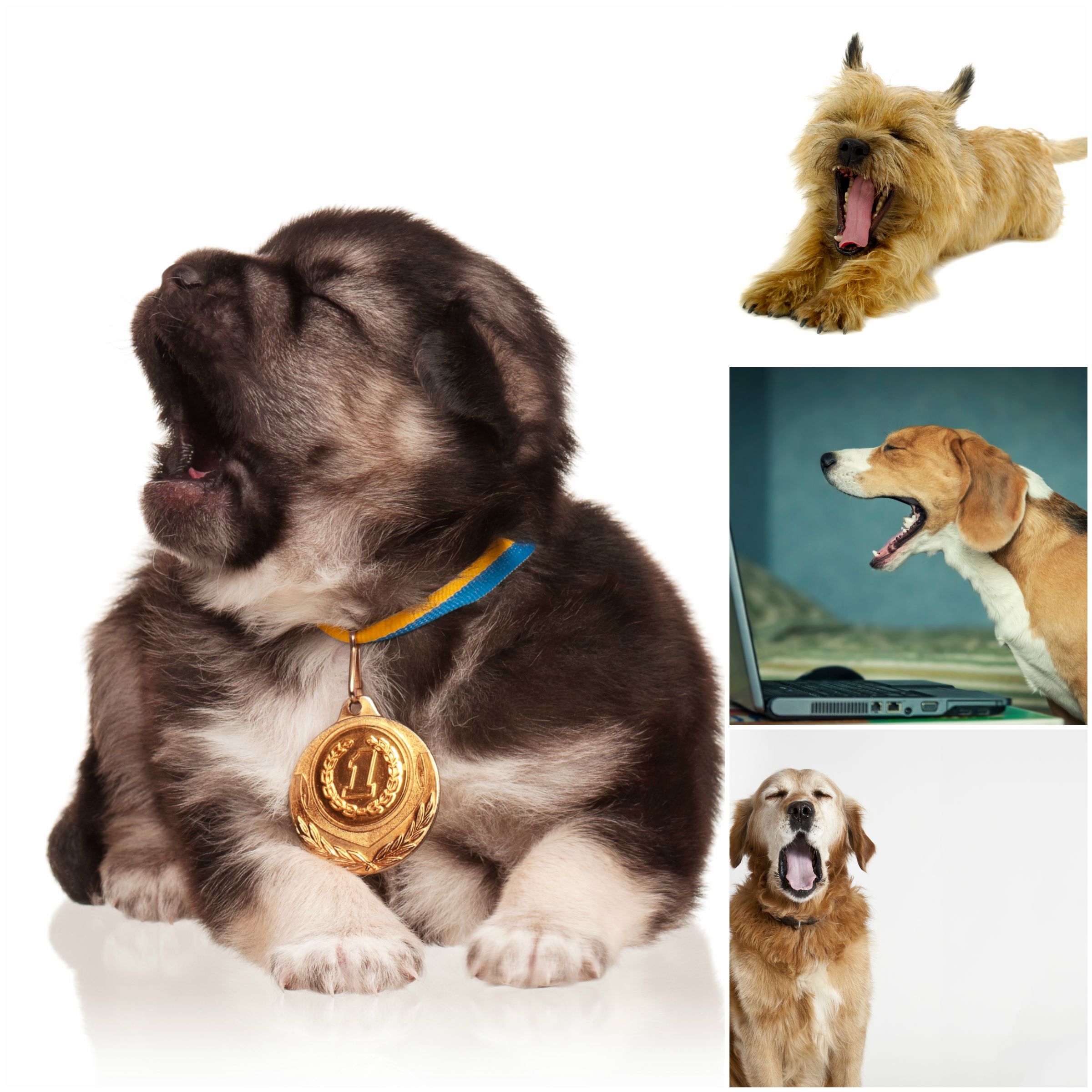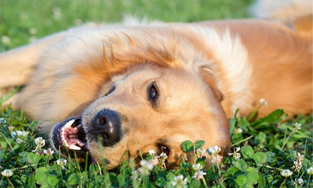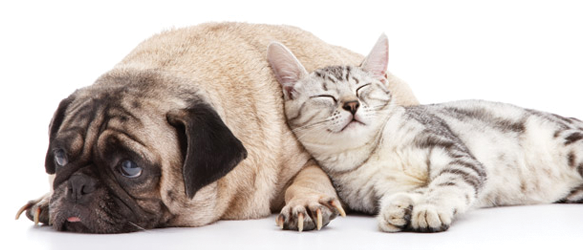3 Reasons Why Dogs Yawn
Ah, yawning! Us human beings demonstrate this art well. In fact, it's so highly practiced that we can feel the irresistible urge to yawn after meeting a yawning stranger on the street.
So you might have noticed that if you have a dog as a pet that your dog also yawns? And they yawn a lot. My friend's pug for example is a real champ – he opens his mouth and makes the signature sound so often that I feel ashamed of my yawn deficiency.
It's easy to take for granted that a dog yawn is just, obviously, a yawn. We sometimes tend to think that animals behave the same way as we do. In truth, dog yawning can be for a number of reasons. Let's take a peek at the three main reasons why a dog yawns.
1. Dogs yawn is Yoga
Dogs get stressed too. They are sentient beings, switching to different moods and are affected by an external party's behaviour (especially when it's all about you, their owner). Yawning is a common practice for them when they feel uneasy.
Yawning is your dog's inner approach to achieving a calm state. In other words, your pet is doing their best to replace the anxiousness with a neutral feeling. By yawning, it reduces the present stress levels and switches to a more balanced mental state. It's like Yoga for dogs!
2. Because your dog wants you to give them a break
Aside from using yawning as a way to cope with an inner conflict, your pet will yawn to send a "calming signal" to you. In this case, we're once again speaking of stress, but there's a small difference – this time your dog's reaching out to you. If we're to go ahead and translate this behaviour, it would be something along the lines of:
"I'm really, really nervous, so please bear with me and don't go too hard on me."
Let's consider two example situations in which your dog might yawn because it's stressed.
- You're training them and you've applied too much pressure on them. The training is too rigorous and your dog feels like they're failing you in some way. Yawning is a signal for you to ease up a little and give them a break.
- Your dog is introduced to a new, possibly scary environment, or an already known environment they associate with something unwanted. A typical example is the vet's office – your dog might yawn because it feels anxious and seeks some form of understanding or protection from you.
3. Yawning because...well, because YOU started it first!
Earlier I mentioned that we humans are prone to yawning if we see someone yawn around us. Well, guess what? dogs are also a "victim" of the yawn's contagious nature. Studies have shown that dogs are actually affected when they see their owner yawn. So in turn, they do the same, without any significant reason behind that. Additionally, dogs do yawn out of tiredness or drowsiness, which means that your dog might be stretching that cute furry face only because they want to sleep...or because you yawned first.
The bottom line is for you to carefully assess the type of situation in which your dog yawns. If you are both lying on a cozy couch, watching TV and it's late in the evening...sure, a yawn would not be a sign of any stress. But if it's during a training session or in a hostile environment, don't make the mistake of thinking it's just a regular yawn. Understand the logic and reason of your dog's behaviour and try to help them out in the best way you know how by practicing your inner calm!
Until next time, namaste
Related articles:

10 important questions to ask before boarding your pet
Going away on holiday can be an exciting time for us pet owners, yet how can you be sure that your companions stay will be as happy and relaxing as your own, whilst you are away? Leaving your pet with knowledgeable and experienced pet boarding operators can be achieved by knowing the right questions to ask.
Read more

 *Fully tax deductible, 30 day money back guarantee
*Fully tax deductible, 30 day money back guarantee



